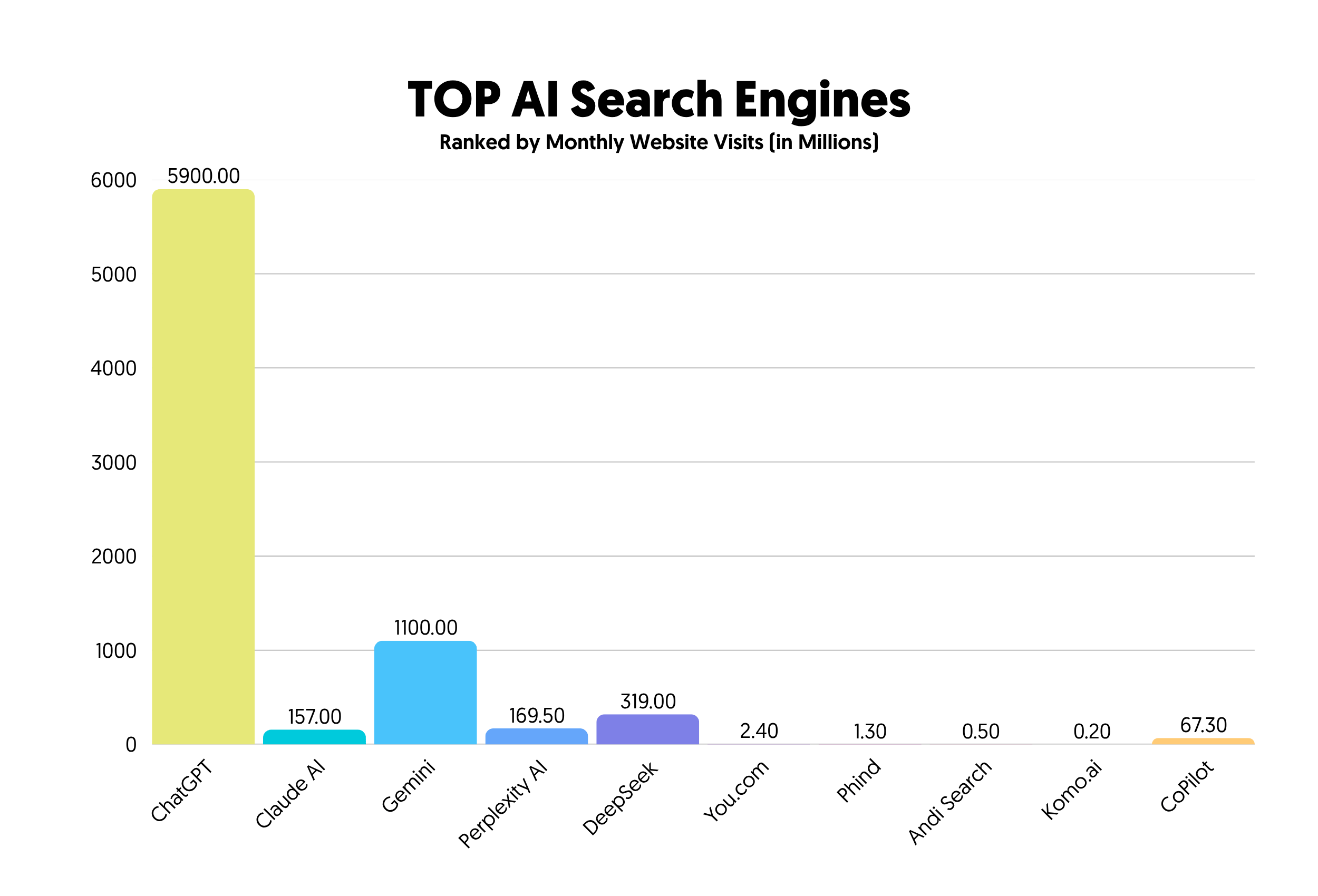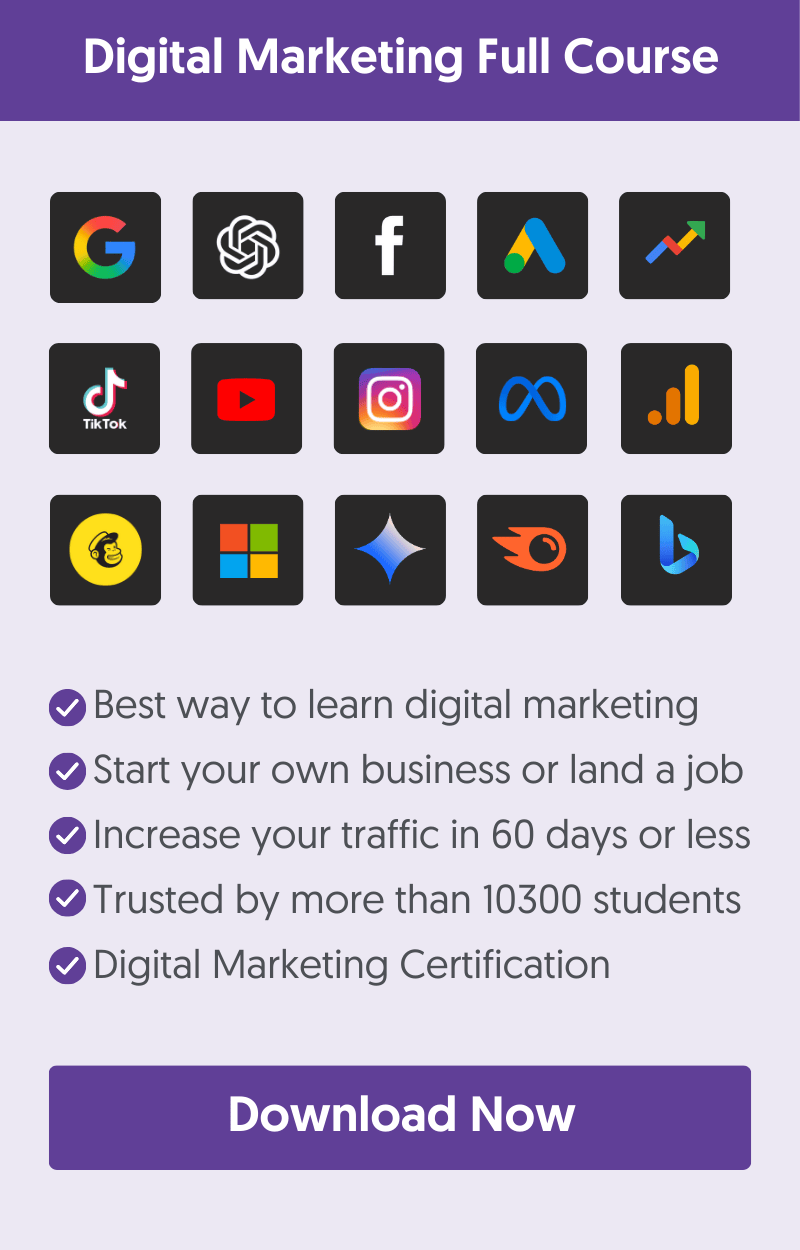Until recently, Google was the go-to source for all things search, but that is no longer the case. Google may not have lost significant market share for traditional searches, but when it comes to AI search engines, there is a new king in town.
To determine which AI search engines are gaining the most traction, we analyzed monthly website visits as a measure of popularity. While website traffic doesn’t necessarily reflect the number of unique users or the actual purpose of visiting the website, it provides a strong indication of where people are turning for AI-driven search experiences.
The most popular AI search engine to date is ChatGPT, with 5.9 billion monthly visits, followed by Google Gemini, with 1.1 billion visits, and DeepSeek, with 319 million visits.
Looking at the actual numbers (provided by SimilarWeb for September 2025), it's clear that ChatGPT is the leader in the AI space.
DeepSeek appeared in February 2025 and quickly grabbed users' attention to check what the Chinese AI can do. However, while it has gained traction, it poses no real threat (yet) to ChatGPT’s dominance.
| Rank | Search Engine | Users (Millions) |
|---|---|---|
| 1 | ChatGPT | 5900 |
| 2 | DeepSeek | 319 |
| 3 | Google Gemini | 1100 |
| 4 | Perplexity AI | 99.50 |
| 5 | Claude AI | 157 |
| 6 | Microsoft CoPilot | 67.30 |
| 7 | You.com | 5.50 |
| 8 | Phind | 1.30 |
| 9 | Andi Search | 0.60 |
| 10 | Komo.ai | 0.20 |
Other notable AI search engines include Google Gemini, which, despite Google's vast share in traditional search engines, is still not widely adopted by users.
Perplexity AI gained popularity for providing real-time citations and is used mainly by professionals and students.
Claude AI, developed by Anthropic, has been growing steadily but remains more of a research assistant than a direct competitor in AI-powered search.
The list does not include Google AI Overviews (reportedly shown for 47% of search queries) because Google enforces them, making it impossible to measure whether this is something users actively want or like.
10 Best AI Search Engines For 2025
1. ChatGPT
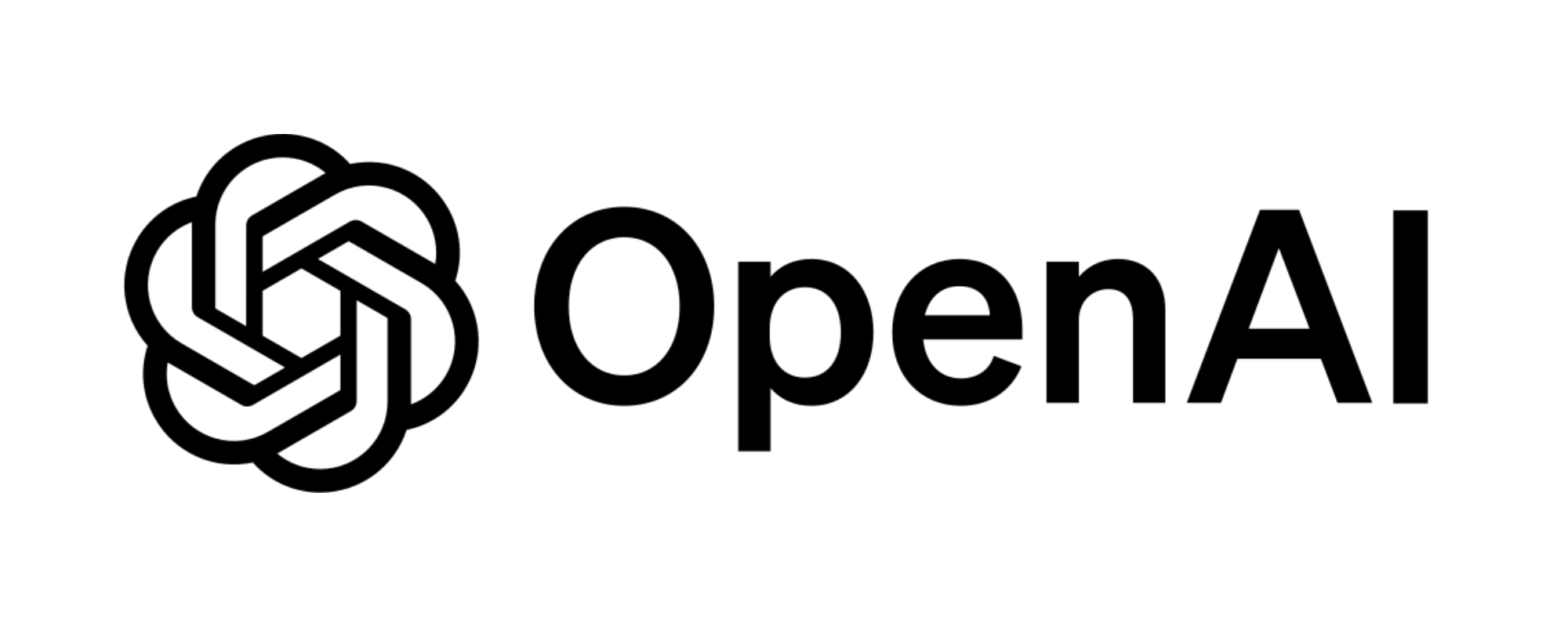
ChatGPT, developed by OpenAI, was launched in November 2022. It quickly gained popularity, reaching 100 million users within two months, making it the fastest-growing consumer application in history. By December 2024, ChatGPT had 300 million weekly active users, handling over 1 billion daily messages.
ChatGPT offers a range of features, including writing content, developing code, generating images, performing deep research, and much more.
ChatGPT app has more than 100M downloads on Google Play and is one of the most popular apps in the App Store.
2. DeepSeek

DeepSeek was founded in 2023 in China, and it was not until January 2025 that it gained real attention with the release of DeepSeek’s AI Assistant, powered by the DeepSeek-V3 model.
Upon its release, DeepSeek became the top-rated free application on Apple’s App Store, and as of February 2025, it has been downloaded over 21.66 million times worldwide across Google Play and the App Store.
The user base is estimated to be between 5 to 6 million globally, with daily active users exceeding 1.8 million.
What differentiates DeepSeek from other AI platforms is the claim by the Chinese company that the cost was around $6 million, while other platforms have spent billions in research and development before releasing their products.
3. Google Gemini
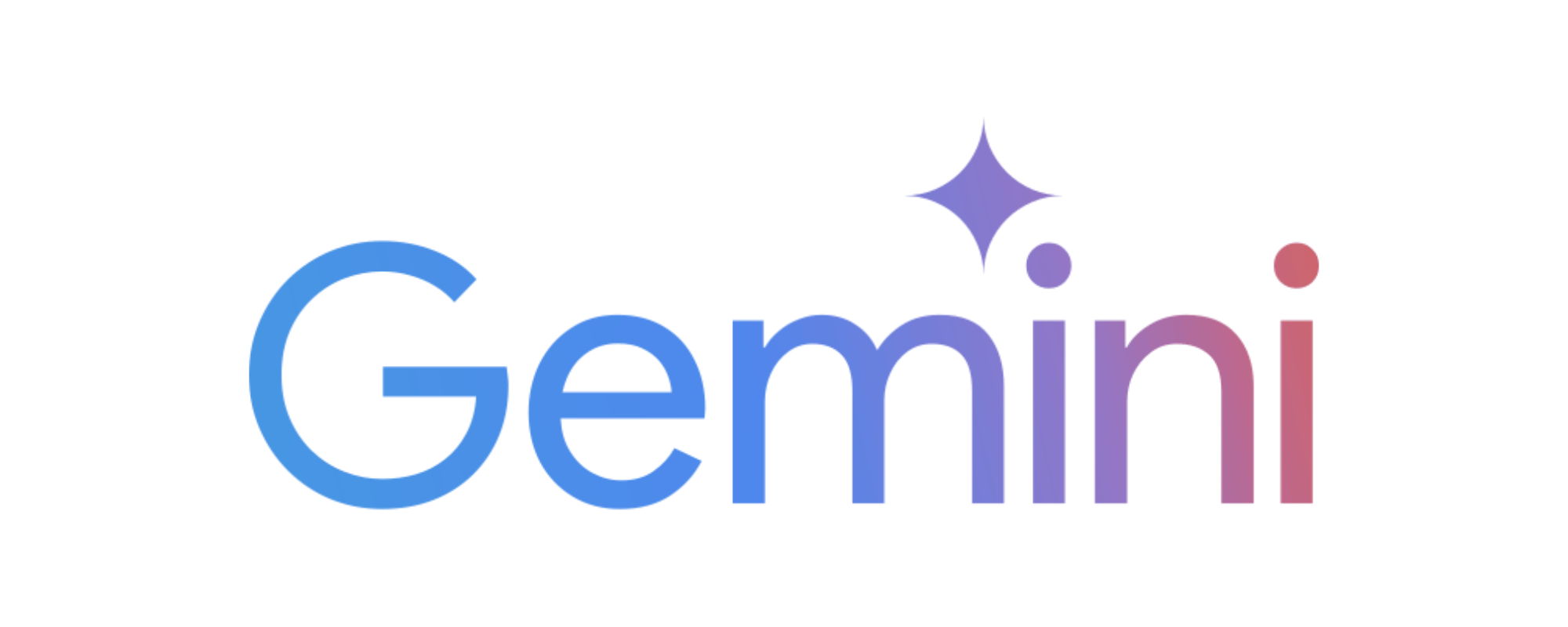
Google Gemini, formerly known as Bard, is Google's AI chatbot. It was launched on March 21, 2023, based on Google’s LaMDA and PaLM large language models.
By October 2024, Gemini had approximately 42 million active users.
Despite Google's marketing efforts, Gemini still has challenges achieving widespread adoption compared to competitors ChatGPT.
It should be noted that Gemini is not the same as Google AI Overviews shown in Google search. Gemini functions as an interactive AI assistant and chatbot, similar to ChatGPT, while Google AI Overviews are AI-generated summaries that appear within Google Search results.
4. Perplexity AI
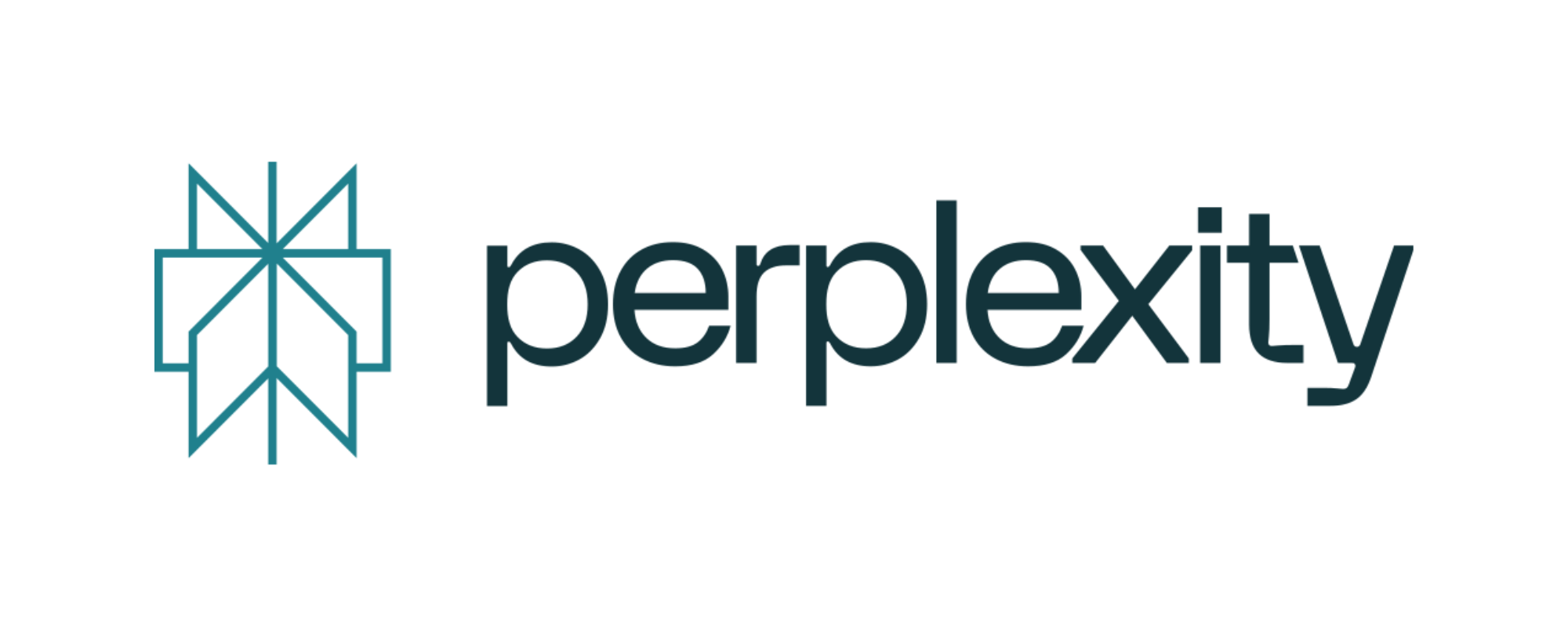
Perplexity AI was founded in August 2022 by Aravind Srinivas (former AI researcher at Open AI), Denis Yarats (former AI research scientist at Meta), Johnny Ho, and Andy Konwinski.
Perplexity AI is a conversational search engine that uses AI to provide answers to user queries with cited sources. The main difference between Perplexity AI and traditional search engines is how the results are presented. Instead of giving a list of links, it summarizes answers with inline citations.
According to reports, Perplexity AI has served over half a billion requests and has 10 million monthly active users. The company is backed by investments from Jeff Bezos and Nvidia.
5. Claude AI
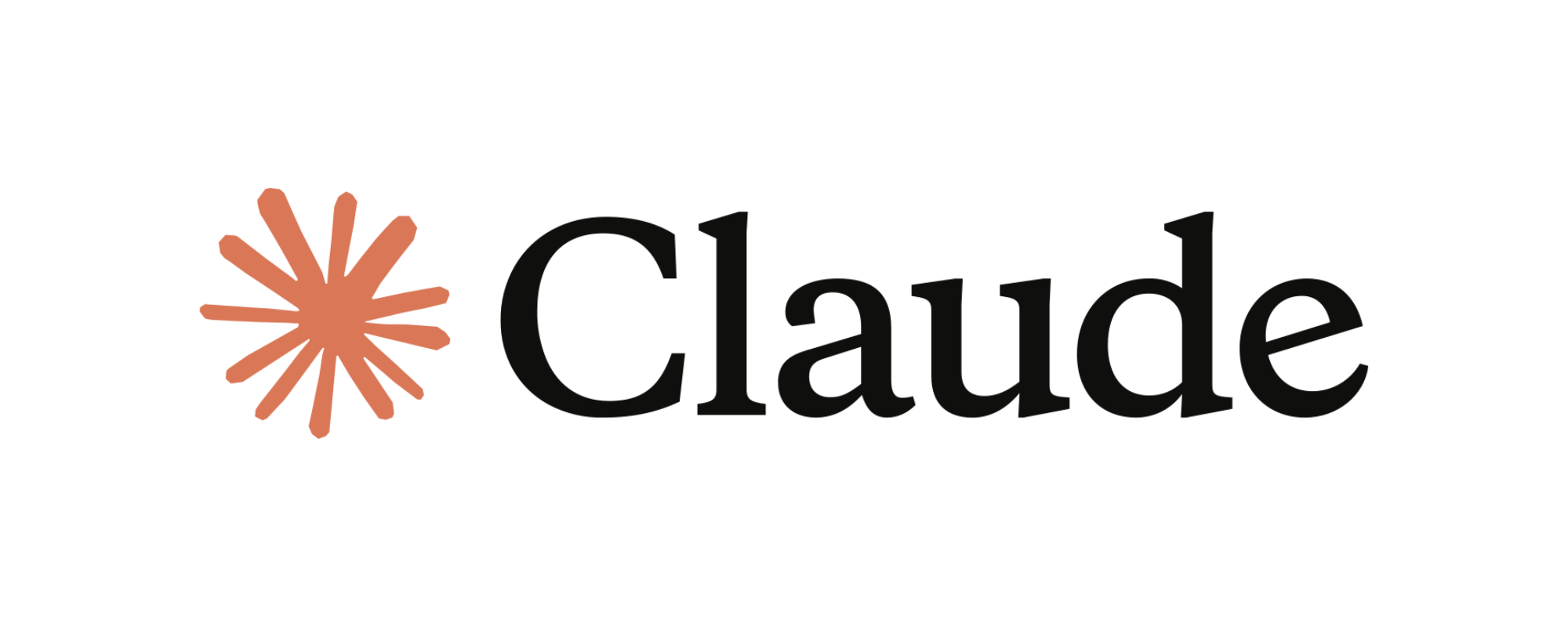
Claude AI is part of Anthropic, an AI and research company founded in 2021 by former OpenAI executives, including Dario Amodei and Daniela Amodei.
Claude AI is a generative AI assistant introduced in March 2023.
Anthropic emphasizes safety and ethical considerations in AI development, implementing a framework called Constitutional AI to align Claude’s outputs with human values and ensure helpfulness, honesty, and harmlessness.
Compared to other AI search engines, Claude does not have the ability to search the web in real time.
6. Microsoft Copilot
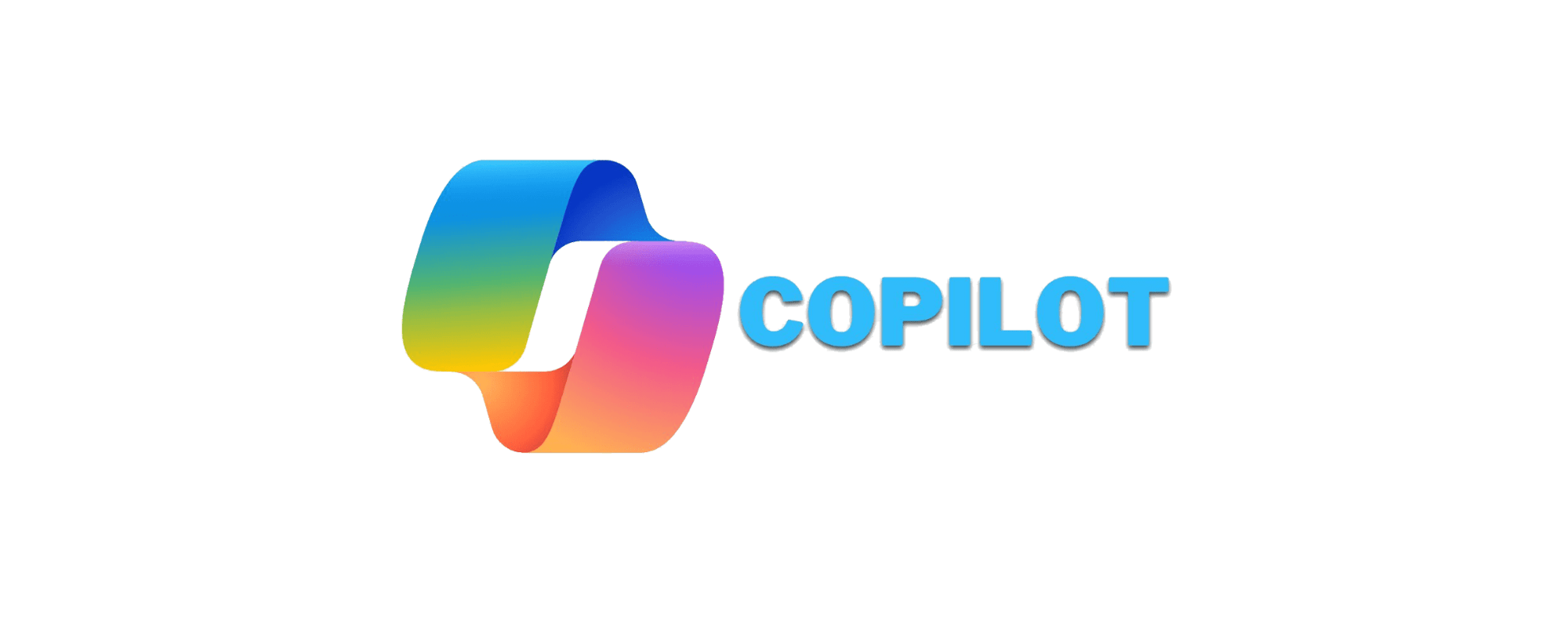
Microsoft Copilot is Microsoft's AI agent, available as a standalone product through Bing Search and integrated across various Microsoft products, including Microsoft 365, Windows, and GitHub.
Copilot's website receives more than 67M visits per month, but it's unclear what the actual number of active users is. Copilot can assist in writing text, performing data analysis within Excel, and providing code assistance through GitHub.
Copilot is also part of Microsoft 365 paid plans and is positioned as a productivity-enhancing AI tool for businesses and developers.
7. You.com
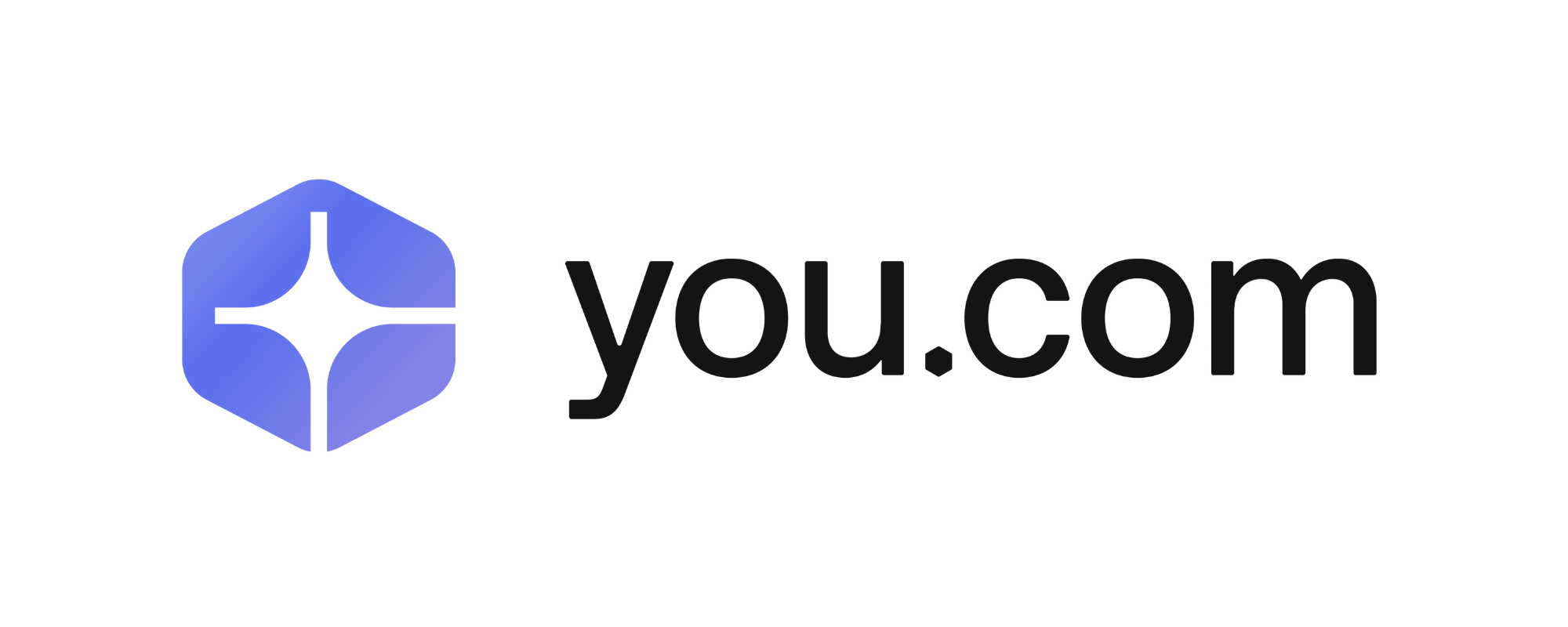
You.com was founded in 2020 by Richard Socher and Bryan McCann (former scientists at Salesforce). It presents itself as an AI-powered search engine and productivity platform.
In January 2025, it held a 0.40% market share in the generative AI chatbot sector, and its website received around 5.50 million visits.
You.com distinguishes itself by offering a personalized, AI-enhanced search experience that prioritizes user control and privacy, setting it apart from traditional search engines.
8. Phind
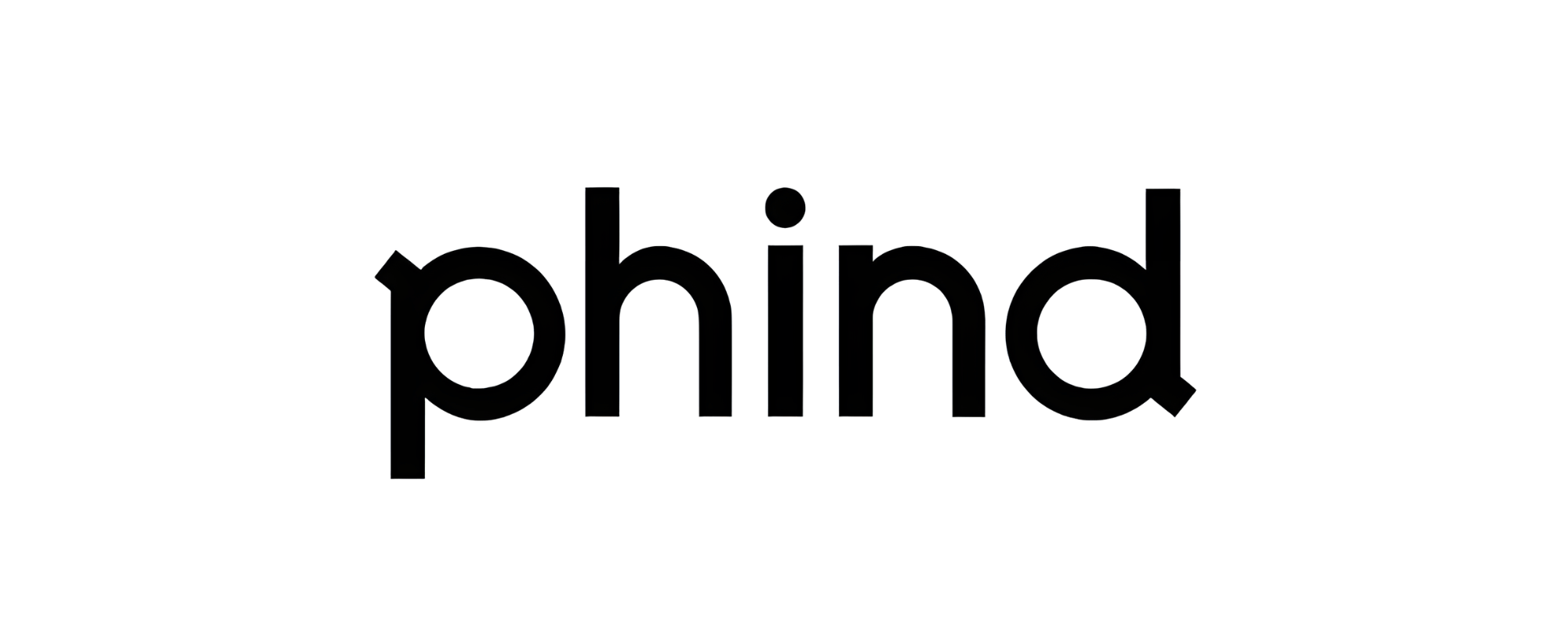
Phind was founded in 2022 by Michael Royzen and Austin Turing Scholar.
Phind utilizes advanced AI to provide detailed answers to user queries, initially designed for developers and programmers.
As of January 2025, Phind received approximately 1.3 million visits, a decline from 2.08 million visits in December 2024.
9. Andi Search
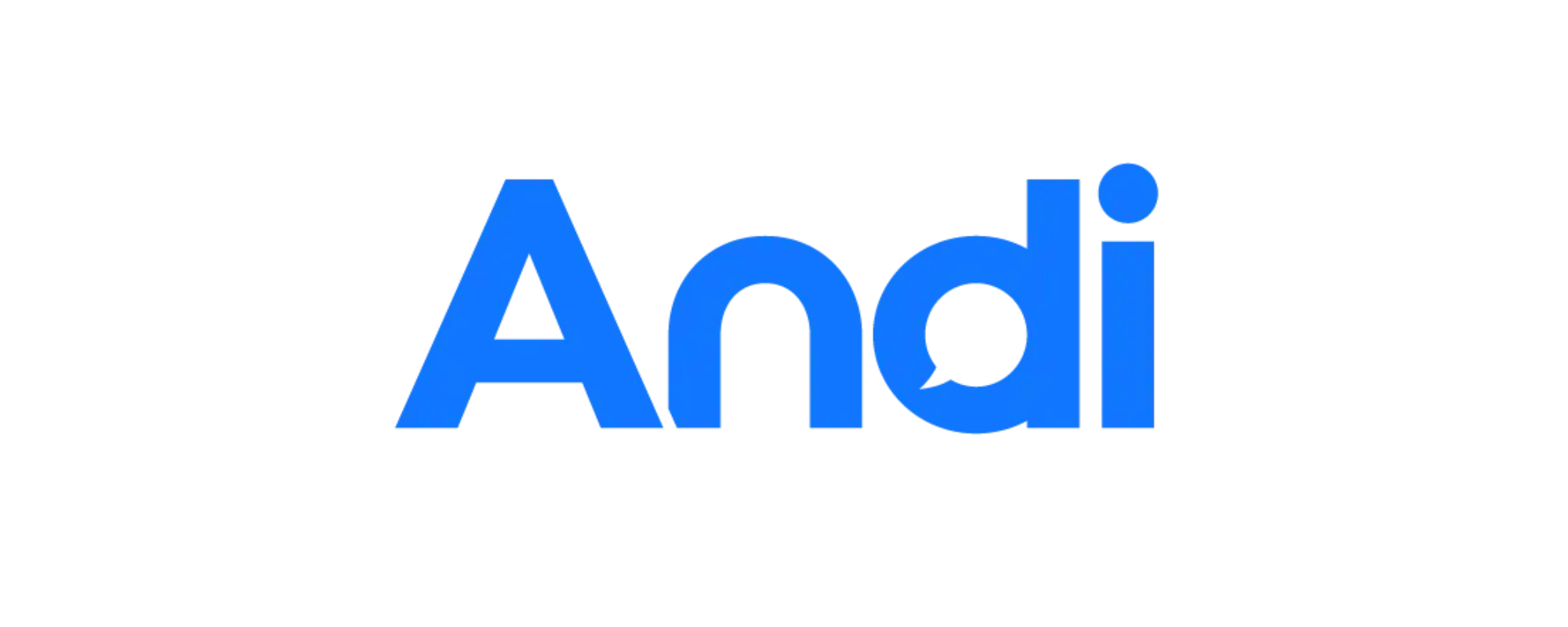
Andi Search was founded on September 15, 2021, by Angela Hoover and Jed White.
It is an AI-powered search assistant designed to provide users with direct answers through a chat interface.
Andi website received around 600 thousands visits in January 2025.
It's worth noting that an independent benchmark released in September 2024 ranked Andi as the top AI search engine in factual accuracy, surpassing other competitors.
10. Komo AI
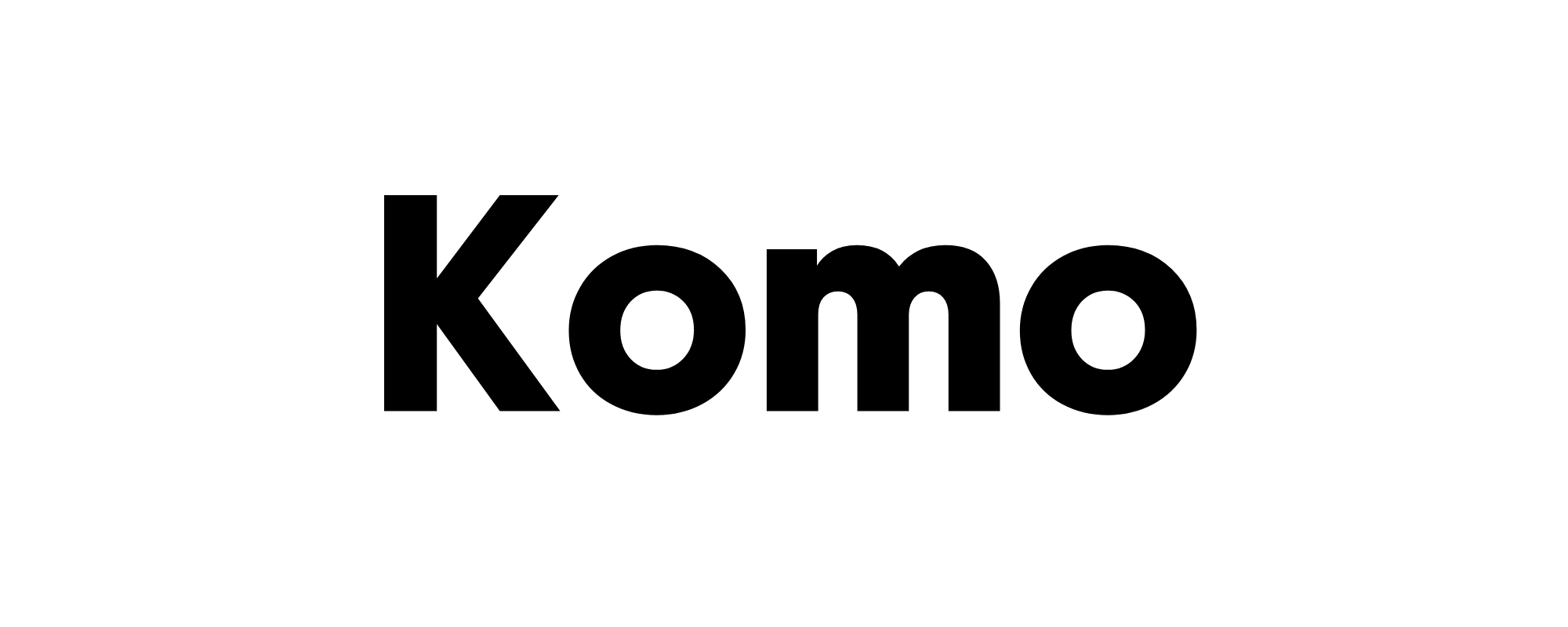
Komo.AI is another AI search engine that got user attention. It was created by Angela Wu and launched in 2023.
In January 2025, their website received 200K visits. Komo.ai is a free AI-powered search engine designed to enhance user interaction with information and streamline online research.
Other AI Chatbots Worth Considering
Meta AI was officially launched in April 2024, and it's Meta's AI assistant. It is integrated across Meta’s suite of applications, including Facebook, Instagram, WhatsApp, and Messenger.
According to Mack Zuckerberg, it has over 500 million active users. It should be noted that Meta AI is not yet available worldwide.
Grok AI is the AI assistant of X (Twitter). It is currently available for X users, and in its own words, "Grok aims to assist users in understanding the universe and accelerating scientific discovery. It's meant to be a tool for accelerating human scientific discovery." It's not yet known how many users Grok has, but the fact that Elon Musk backs it up makes it worth mentioning and monitoring.
Conclusion
The AI search engine landscape is changing rapidly. New AI models are released, pushing the capabilities of search engines into ways we have not seen before. While no one can predict the future, ChatGPT currently leads the way, setting the standards for AI-powered search.
Besides Google and Bing, which already have a large user base, it remains to be seen if other competitors like Perplexity, Claude, You.com, and Phind are here to stay or just a part of the AI bubble.
